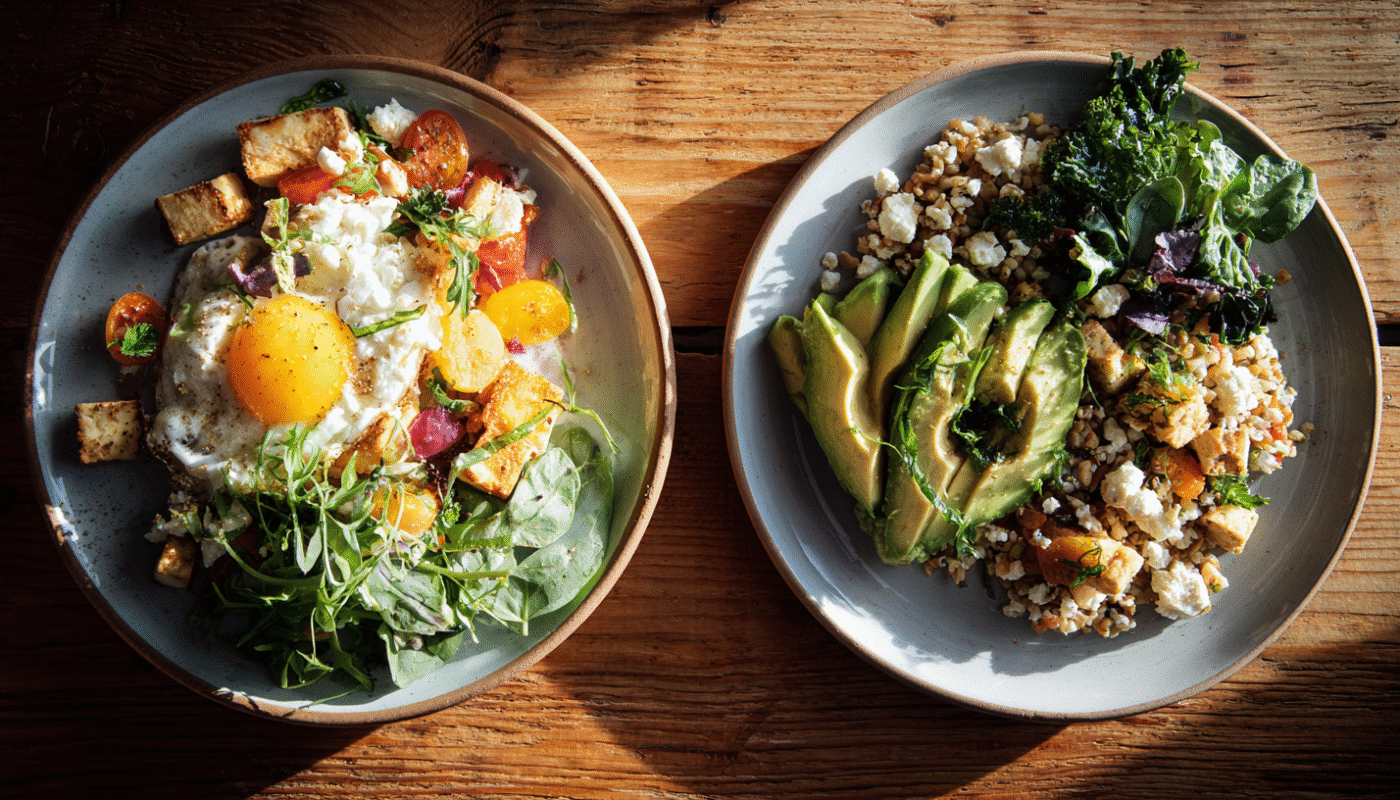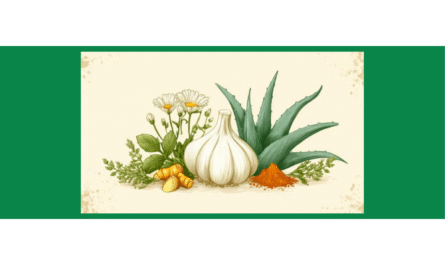In recent years, plant-based lifestyles have taken center stage in discussions about health, sustainability, and animal welfare. Among the most commonly mentioned diets are veganism and vegetarianism—terms often used interchangeably, yet they represent distinct philosophies and practices. If you’ve ever wondered what really separates a vegan from a vegetarian, this guide will clarify the key differences and help you understand the heart behind each lifestyle.
Vegetarianism: A Plant-Based Diet with Flexibility
Vegetarianism is a dietary choice that excludes meat, poultry, and seafood, but often allows for other animal-derived products like dairy and eggs. There are different types of vegetarians depending on what they choose to include in their diet:
- Lacto-vegetarian: Includes dairy (milk, cheese, yogurt), but not eggs.
- Ovo-vegetarian: Includes eggs, but not dairy products.
- Lacto-ovo vegetarian: Includes both dairy and eggs.
- Pescatarian (technically not vegetarian but often grouped nearby): Includes fish and seafood but excludes meat and poultry.
For many, vegetarianism is chosen for health reasons, environmental concerns, religious beliefs, or a desire to reduce harm to animals—while still maintaining some traditional food sources like milk or eggs.
Veganism: A Lifestyle Beyond the Plate
Veganism goes a step further. It’s not just a diet, but a philosophy and lifestyle committed to avoiding all forms of animal exploitation and cruelty—whether for food, clothing, or any other purpose.
Vegans eliminate all animal-derived ingredients, including:
- Meat, poultry, and seafood
- Dairy (milk, cheese, butter, yogurt)
- Eggs
- Honey (because it’s produced by bees)
- Animal-based additives such as gelatin, casein, or whey
But veganism often extends beyond diet. Many vegans avoid:
- Wearing leather, wool, silk, or fur
- Using cosmetics or household products tested on animals
- Supporting entertainment that exploits animals (like circuses or marine parks)
In essence, veganism is about reducing harm and impact on animals and the planet as much as possible.
Side-by-Side Comparison
Here’s a simple chart to highlight the key differences:
| Product Type | Vegetarian | Vegan |
|---|---|---|
| Meat / Poultry / Fish | ❌ | ❌ |
| Dairy (milk, cheese, etc.) | ✅/❌ | ❌ |
| Eggs | ✅/❌ | ❌ |
| Honey | ✅ | ❌ |
| Animal By-products (e.g., gelatin) | ✅/❌ | ❌ |
| Animal-tested cosmetics | ✅/❌ | ❌ |
| Leather / Wool / Silk | ✅/❌ | ❌ |
Note: Vegetarian preferences can vary widely depending on personal, cultural, or religious reasons.
Why People Choose These Lifestyles
Both veganism and vegetarianism are often motivated by:
- Health benefits: Lower risk of heart disease, obesity, type 2 diabetes, and some cancers
- Environmental impact: Reduced carbon footprint, water usage, and land degradation
- Animal welfare: Avoiding cruelty, factory farming, and exploitation of animals
For vegans, the commitment is typically more philosophical or ethical, with a strong emphasis on compassion and zero harm.
Which Lifestyle Is Right for You?
Choosing between veganism and vegetarianism depends on your personal values, health goals, and lifestyle. Some people begin as vegetarians and gradually transition to veganism. Others adopt one or the other based on medical needs, environmental concerns, or moral convictions.
Whatever your reason, shifting toward a plant-based lifestyle can be a rewarding journey—not just for your health, but for the planet and future generations.
Veganism and vegetarianism share a common root: a desire to make more conscious, compassionate choices. While they differ in scope and strictness, both can lead to meaningful impacts on your life and the world around you.
Have you tried going meat-free or dairy-free? Or are you considering it? Share your thoughts in the comments below!




